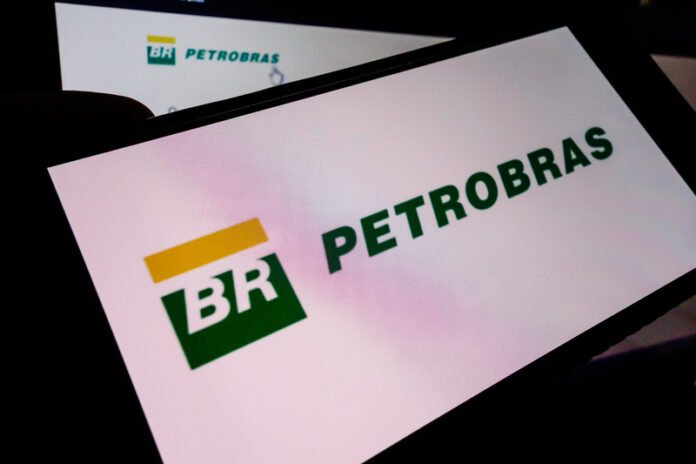On 30 October 2024, the Rotterdam district court ruled to dismiss claims by the Stichting Petrobras Compensation Foundation against Petrobras, the Brazilian oil company. The Dutch foundation aimed to secure compensation on behalf of investors who traded Petrobras shares outside the U.S., asserting they suffered losses due to alleged misconduct by Petrobras and its executives. However, the court found that claims governed by Spanish law were time-barred and ruled that Brazilian and Argentine laws do not permit shareholders to seek damages from a listed company for share price drops.
The Stichting Petrobras Compensation Foundation initiated this case in 2017, asserting claims in the Dutch court on behalf of investors who held Petrobras shares on non-U.S. exchanges prior to 28 July 2015. The foundation alleged that Petrobras’ activities—such as asset inflation, bribery, and other fraudulent actions—caused investors substantial losses. These claims parallel a U.S. class action that resulted in a substantial settlement of 2.95 billion dollars in 2018, but the U.S. case was limited to investors who traded on U.S. markets.
The Rotterdam court’s 2018 decision to accept jurisdiction was unexpected, as Petrobras and associated defendants requested to stay the proceedings. By assuming jurisdiction, the Dutch court allowed the foundation’s allegations to be heard, setting in motion years of extensive proceedings.
Despite the court initially agreeing to hear the case, the road to trial was far from straightforward. An early ruling in July 2023 found Petrobras and its Dutch affiliate PGF had engaged in unlawful conduct towards investors under multiple legal systems. However, the court did not make a final determination at that time, instead ordering additional research to address two main legal questions: (1) Under Brazilian law, can shareholders seek compensation from Petrobras for losses in share value? (2) Do shareholders under Argentine law have the right to pursue compensation from Petrobras for losses and missed dividends?
In response, both parties commissioned expert reports to clarify how Brazilian and Argentine laws apply to shareholder claims. This additional research was crucial in setting the stage for the court’s recent dismissal.
In its July 2023 decision, the court held that claims governed by Spanish law were subject to a statute of limitations, which prevented those claims from proceeding. In its final October 2024 judgment, the court also dismissed shareholder claims based on Brazilian and Argentine law, concluding that these legal systems do not support such claims against Petrobras.
Under Brazilian law, the court determined that shareholders cannot hold Petrobras accountable for indirect losses like declines in stock prices, which Brazilian courts consistently view as “indirect shareholder damage.” Since 2014, Brazilian shareholders have made several attempts to recover damages from Petrobras in similar cases. However, expert reports reveal that Brazilian courts have consistently rejected these claims; at least 22 rulings confirm this stance, with no known cases where damages were awarded to shareholders for price declines.
The Stichting Petrobras Compensation Foundation argued that its legal approach differed from those in previous Brazilian cases. However, the Rotterdam court declined to diverge from established Brazilian case law, stating that it was not within its jurisdiction to alter the legal interpretations upheld by Brazilian courts.
Regarding Argentine law, the court concluded that most shareholders could not claim losses from Petrobras. Although a few small groups of shareholders may have the potential to recover losses under Argentine law, the court found that their numbers were insufficient to affect this collective action.
While the court dismissed shareholder claims, it upheld most claims on behalf of Petrobras bondholders. Bondholder claims are governed by Luxembourg law, under which the court found that Petrobras had acted unlawfully by issuing bonds based on incomplete or misleading financial information. This ruling established that Petrobras’ conduct toward bondholders was indeed improper under Luxembourg law.
The court also examined whether requirements for declaratory judgments under Luxembourg law would prevent the foundation’s claims from proceeding. Ultimately, it ruled that Luxembourg law imposes no such restrictions. Consequently, the foundation’s claims on behalf of bondholders under Luxembourg law were allowed to continue.
Both the Stichting Petrobras Compensation Foundation and Petrobras have the option to appeal the October decision, and they likely will. While the foundation may contest the court’s interpretation of Brazilian and Argentine law, overturning these points on appeal may prove challenging due to the solid foundation of Brazilian case law supporting the current ruling.
In summary, the Rotterdam court’s decision signifies a considerable setback for the foundation’s efforts to seek damages on behalf of Petrobras shareholders. Nevertheless, the case remains active for bondholders under Luxembourg law. With potential appeals on the horizon, this complex legal dispute may not be fully resolved for some time.




